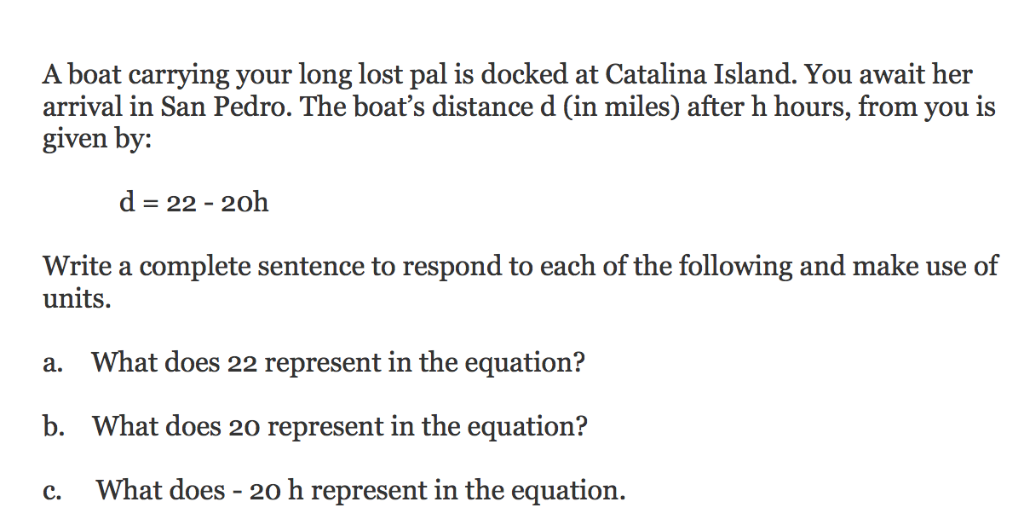

(ii) on demand, in respect of any period beyond the first day that a Dry Dock is vacant by reason of the non-arrival of the vessel, fees equal to the fees that would have been payable by him if the vessel had occupied the Dry Dock during that period, andģ (1) Subject to these Regulations, the fees for use of a Dry Dock by a vessel are as set out in Schedule A, and are payable to the Company by the owner of the vessel. (b) the owner or master of the vessel shall pay to the Company (5) Where a vessel is not ready to be admitted to a Dry Dock at the time arranged,
#PHRASE DOCK IT FULL#
(4) Subject to subsection (5), the entry fee set out in Schedule A is payable as a deposit towards the full fees payable for use of the Dry Dock by a vessel. (3) Where a vessel is not ready to be admitted into a Dry Dock at the time arranged, the vessel shall, if required by the dock-master, stand aside for any other vessel. (b) the time and manner of its entry and the purpose and duration of its stay in the Dry Dock have been (a) application for use of a Dry Dock has been made to the Company in the form set out in Schedule B This can be taken to be King Charles II, who had, during the early years of Oliver Cromwell’s rule, been forced to disguise himself to avoid capture before he could escape to France.4 (1) No vessel shall be admitted into a Dry Dock until There is a second verse to the rhyme that is rarely heard and which refers to “the man in brown” who “soon brought him down”. Richard’s timid, mouse-like demeanour, in great contrast to that of his father, is also represented in the rhyme. Just as surely as he “ran up the clock” he was bound to run down it again, the “one” of the rhyme being the one year during which he held office. As “Hickory Dick” his life at the top was limited by the passage of time. Richard was given several nicknames including “Tumbledown Dick”, which fits the spirit of the nursery rhyme. King Charles saw him as no threat and allowed him to live out his days in obscurity on his estate. Richard was allowed to leave the country for France, where he stayed until 1680 before returning to England. Moves were then set in train for the return of the monarchy. He was simply not the right man for the job and had no real desire for it.Īs a result, Richard Cromwell only lasted for nine months as Lord Protector before offering his resignation. However, Richard was not only inadequately prepared for the role, he was also not suited for it temperamentally. Oliver Cromwell died in September 1658, having proposed to Parliament that Richard should succeed him. The name of Oliver Cromwell is well known, given that he assumed the title of Lord Protector for most of this period, but that of Richard Cromwell, Oliver’s eldest surviving son, is much less familiar.

Richard Cromwell, Lord Protectorīritain was a republic between the execution of King Charles I in 1649 and the restoration of the monarchy, under King Charles II, in 1660. This nursery rhyme first appeared in print in 1743 but is thought to refer to events of the previous century. “Hickory, dickory, dock” is a simple little rhyme about a mouse and a clock, but it probably refers to one of Britain’s least known-about rulers who made a brief appearance on the political scene in the 17th century.


 0 kommentar(er)
0 kommentar(er)
